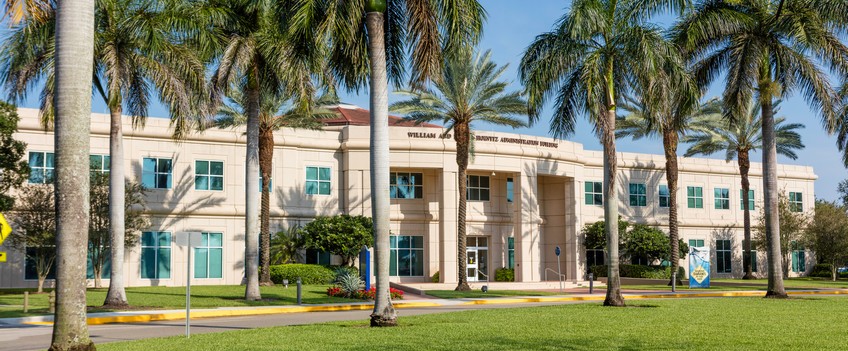
A. Eugene Shapiro, Ph.D., ABPP
Eugene Shapiro (1919-2021).
© 2021 American Psychological Association ISSN: 0003-066X | 2021, Vol. 76, No. 7, 1200 https://doi.org/10.1037/amp0000852
Dr. A. Eugene Shapiro, a trailblazer in professional psychology, was born October 17, 1919 in Newark, NJ and died on February 5, 2021 in Boca Raton, FL. He was married to Doris Shapiro, who preceded him in death along with their son, Robert. Two other children, Ken (Jenine) Shapiro and Joan (Peter Roberts) Shapiro, survive him along with two grandchildren and one great grandchild.
Gene grew up in Newark, NJ during the Great Depression, and attended Rutgers University at night as a business major. Like many of us who were drawn to this field, he discovered psychology in an undergraduate class, but the onset of World War IT and his own health issues required him to suspend his education. Unable to serve because of these health problems, he trained as a machinist, an occupation in which he worked for the next 8 years.
At the end of the war, he won a scholarship to Rutgers to complete his BS in psychology, and later won acceptance into the doctoral program in clinical psychology at New York University (NYU). He earned his PhD from NYU in 1953 and established an independent practice with Marvin Metsky in their own professional office building in New Jersey. He earned an ABPP diplomate in clinical psychology in 1958. Alongside this work, he played key roles institutionally in establishing psychology as a major health profession. Because insurance carriers did not reimburse for private psychological services, Gene set out to change this situation. In 1965, as chair of the New Jersey Psychological Association Insurance Committee, he led psychologists to the enactment of first state Freedom-of-Choice Insurance law for psychologists in 1968 and played a key role in securing the inclusion of psychologists under the definition of "physician" in the federal workers' compensation program. Gene, along with Jack Wiggins, was instrumental in increasing the availability of psychological services to military personnel and their families under programs such as the Civilian Health and Medical Program of the Uniformed Services.
As a founding member of the "Dirty Dozen," a national group of practitioner psychologist activists, Gene helped foreground the interests of practicing psychologists in American Psychological Association (APA), upgrading the Office for Professional Practice to the Practice Directorate. Gene also served on the AP A Board of Directors, Council of Representatives, and other APA boards and committees with other pioneering practice activists such as Drs. Nicholas Cummings, Herbert Doerken, Aaron and Matilda Cantor, Morton Flax, and Stanley Moldawsky.
Gene was also influential in the professional school movement. He helped found the Graduate School of Applied and Professional Psychology at Rutgers University, the first university-based professional school in the country. Later, with Dr. Robert Weitz, he helped to create the South Florida School of Professional Psychology, which merged with then-named Nova University to become the Center for Psychological Studies. He remained on that faculty, teaching, supervising, and administering for the next 25 years.
Finally, Gene was also a pioneer in the prescribing psychologist movement. He developed and led the highly innovative "fly in" MS degree program in clinical psychopharmacology. In this program, leaders of many state psychological associations became trained in psychopharmacology at Nova Southeastern University so they could encourage licensed psychologists in their home state to become trained as well. Gene was recognized for his contributions to professional psychology by being awarded the APA-APF Gold Medal Award for Life Achievement in the Practice of Psychology.
It is no surprise to us that Gene lived such a long and productive life. We remember him when he was in his 80s and 90s still playing tennis three times a week against men half his age and winning.
Ronald F. Levant1, Lenore Walker2, and Jack Wiggins3
Department of Psychology, The University of Akron 2
College of Psychology, Nova Southeastern University
VFW Post 7507, Fountain Hills, Arizona, United States
Click HERE to read more about Dr. Shapiro's life. He played a large role in the history of the College of Psychology.